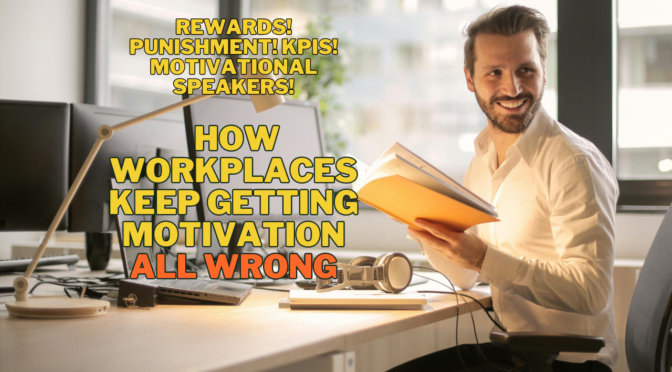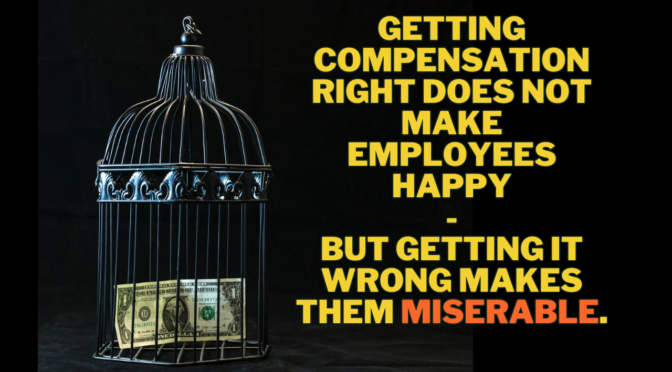I used to love playing the Infocom adventure games on my Commodore 64. Yes, they had no graphics and no sound. But they did have excellent text and the cleverest, most infuriating puzzles. Also the games had an excellent parser, that could even understand input like “Put the x in the y using z” (hot stuff back then, when many adventure games only accepted input formatted like “verb noun”).
There’s also a lot of humour in there. One of the games had you running around a maze of walls (actually many of them did). In this case if you got desperate enough to try “listen to the wall” the game came back with “Ah, a Pink Floyd Fan.”
My absolute favourite is Planetfall where you’re a lonely ensign third class from the Stellar Patrol Ship Feinstein, stranded on a deserted planet. You need to find a way home, before you run out of food and water. Click more to see an example of the kind of things I relly liked about the Infocom games.
(more…)





